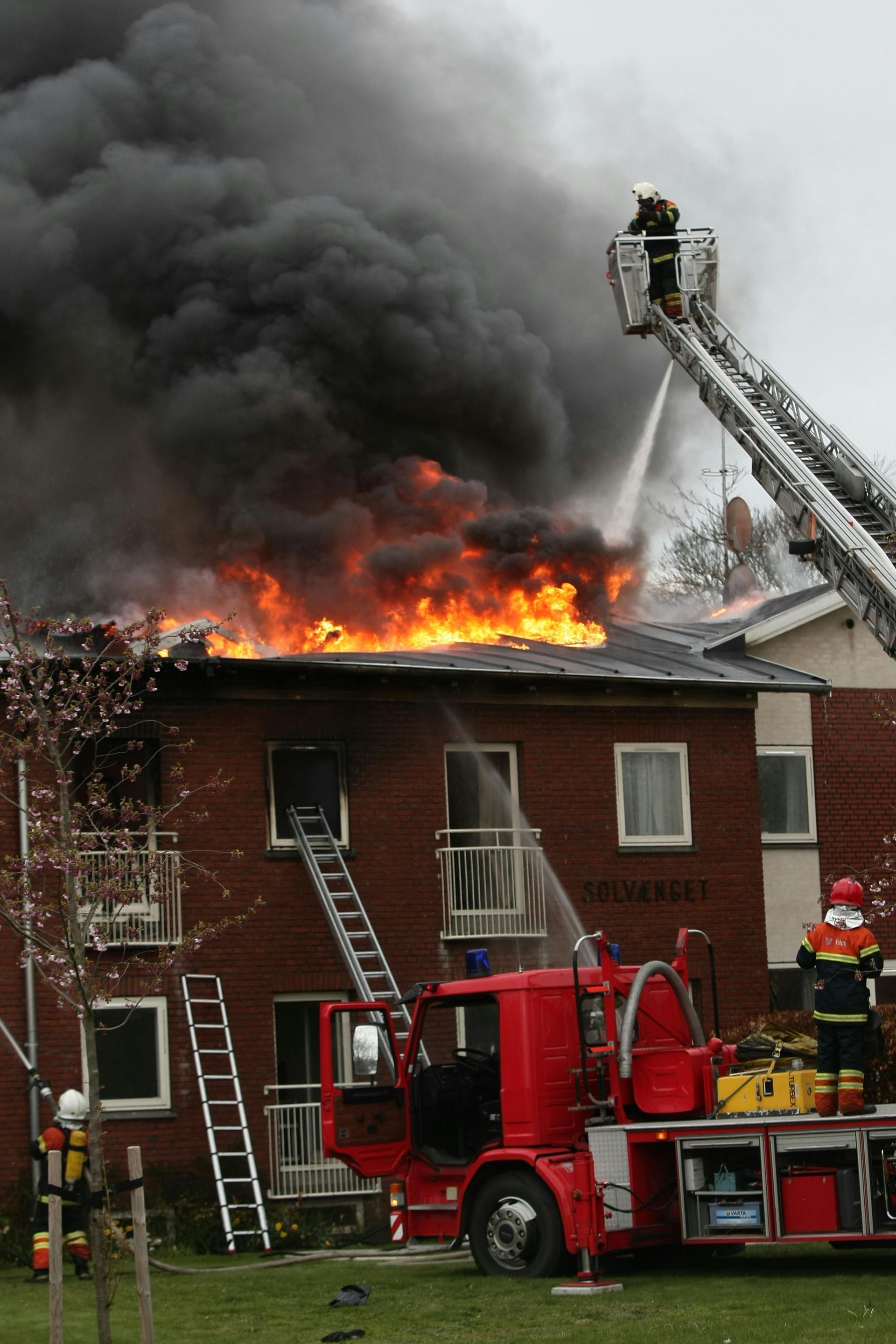Which tile is best for a pitched roof?
When it comes to choosing the best tiles for a pitched roof, homeowners and builders are often faced with a variety of options, each with its own benefits and drawbacks. The right choice depends on several factors, including durability, aesthetics, budget, and local weather conditions. At Manchester Roofing Repairs, we have years of experience working with different roofing materials, and in this guide, we’ll help you decide which tile is best for your pitched roof.
The importance of choosing the right tile for your roof pitch
Selecting the right tile for your roof pitch is crucial to ensuring effective water drainage, structural integrity, and overall longevity. Different tiles have specific minimum pitch requirements, and using an unsuitable option can lead to leaks, poor weather resistance, and even structural damage. For example, flat-profile tiles like slate require a steeper pitch to allow water to run off efficiently, whereas interlocking concrete tiles can be used on lower-pitched roofs due to their superior water-shedding properties. If a tile is installed on a pitch lower than recommended, rainwater may pool or seep through gaps, increasing the risk of damp, mould, and roof failure. Choosing the correct tile for your roof pitch not only enhances performance but also reduces long-term maintenance costs, ensuring a secure and weatherproof home. Check with your roofer which tile is right for you roof's pitch and if in doubt ask to see the manufacturer's specification.
Clay Tiles
Pros -
- Traditional and attractive appearance
- Long lifespan (can last over 100 years)
- Resistant to rot and insect damage
- Excellent thermal insulation
Cons -
- Heavy, requiring a strong roof structure
- More expensive than some alternatives
- Can be brittle and break under heavy impact
Clay tiles are a popular choice for period properties and homes looking for a classic aesthetic. They perform exceptionally well in the UK’s climate, particularly in areas with heavy rainfall, as they are highly water-resistant.
Concrete Tiles
Pros -
- Affordable compared to clay
- Extremely durable and weather-resistant
- Available in various styles and colours
- Low maintenance
Cons -
- Heavier than clay, requiring strong roof support
- Can fade over time due to weather exposure
- Less traditional appearance than clay
Concrete tiles are a great option for modern homes and renovations, offering reliability at a more budget-friendly price. They’re particularly suited to homeowners on a budget who still need strong, long-lasting roofing.
Slate Tiles
Pros -
- High-end, traditional appearance
- Incredibly durable (often lasting over 100 years)
- Great for heritage properties
- Naturally resistant to fire and harsh weather
- Low water absorption
Cons -
- Expensive compared to other materials
- Heavy, requiring reinforced roof support
- Can be difficult to repair and install
Slate is one of the most premium choices for a pitched roof. If you’re looking for longevity and a high-quality aesthetic, it’s a worthwhile investment. Natural slate is especially popular in older homes and heritage buildings across Manchester. If your property is in a conservation area or is listed, then planning requirements may stipulate the use of slate only. It is important to check with the local planning authority if your roof has existing slate tiles as this can be an indication that it has a special planning status.
Synthetic or Composite Tiles
Pros -
- Lightweight, reducing strain on the roof structure
- Designed to mimic natural materials like slate and clay
- Resistant to fading, cracking, and weather damage
- Easier to install than natural alternatives
Cons -
- Can be more expensive than concrete tiles
- Not as long-lasting as natural slate or clay
- Some synthetic materials may not be fully recyclable
Composite tiles are an innovative choice, blending the best qualities of traditional materials while reducing weight and maintenance issues. Composite tiles, as the name suggests, are made of a blend of materials and often have a high recycled content. They are especially useful for modern developments and eco-conscious homeowners and can often replicate the appearance of concrete, slate and clay tiles.
Other factors to consider
When choosing the best tile for your pitched roof, it’s important to consider factors beyond just durability and aesthetics. Cost plays a major role, as natural slate and clay tiles tend to be more expensive upfront, whereas concrete and synthetic options offer a more budget-friendly alternative. Colour is another key consideration, as different shades can complement or contrast with your home’s exterior—some materials, like concrete, may fade over time, while slate and clay retain their natural hues. Maintenance requirements vary too; slate and clay are long-lasting but can be brittle, while concrete and composite tiles generally require less upkeep. Additionally, planning restrictions may apply, especially in conservation areas or listed buildings, where specific materials or colours may be required to preserve the character of the neighbourhood.
Which tile is best for you?
The best tile for your pitched roof depends on your budget, aesthetic preference, and how long you want your roof to last. If you’re after traditional beauty and longevity, clay or slate tiles are the way to go. If you prefer a cost-effective and durable solution, concrete tiles are an excellent option. For those looking for a modern, lightweight alternative, composite tiles could be the best fit.
Need Help Choosing?
At Manchester Roofing Repairs, we offer expert advice and professional installation services for all types of roofing tiles. Whether you’re replacing a few tiles or planning a full roof replacement, our team can help you find the perfect solution. Get in touch today for a free consultation and quote.
You might also like
Roofers Manchester

Book a Roofer Today
We will get back to you as soon as possible
Please try again later
Trusted Roofers in Manchester
Sitemap
Services
New Roofs
Flat Roofs
Roof Repairs
Fascias and Soffits
Working hours
- Mon - Sun
- Open 24 Hours


